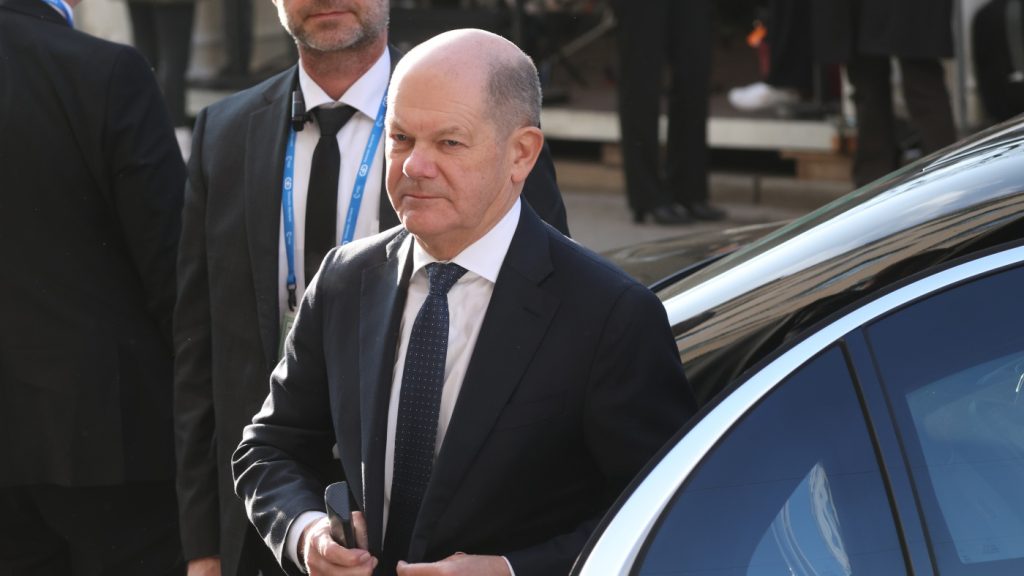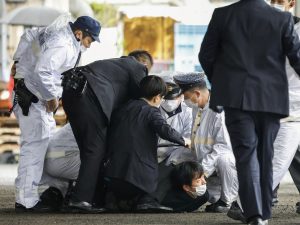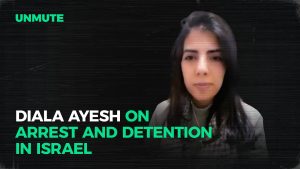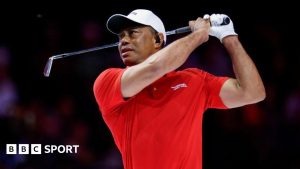
German Chancellor Olaf Scholz, pictured on Saturday at the Munich Security Conference in Munich, Germany, criticized the comments of U.S. Vice President JD Vance.
Sean Gallup/Getty Images
hide caption
toggle caption
Sean Gallup/Getty Images
German Chancellor Olaf Scholz sharply rebuked U.S. Vice President JD Vance on Saturday, a day after Vance gave a speech saying European leaders should not shun far-right political parties.
At the second day of the Munich Security Conference, Scholz spoke about the atrocities of the Holocaust, pointing out that Vance recently visited the Dachau concentration camp and used the phrase “never again.”
Scholz emphasized that a commitment to “never again” also applies to political parties like Germany’s far-right Alternative for Germany party, also known as the AfD, which has downplayed the horrors of the Nazi regime.
He went on to say Germany will not accept outsiders intervening in the country’s elections, adding: “That is not done, certainly not among friends and allies.”
Both Scholz and Vance’s remarks come just over a week before Germany heads into a major election. The AfD — which has been endorsed by Trump adviser and billionaire Elon Musk — is polling in second place.
Founded in 2013, the AfD is a nationalist party whose political identity centers around blaming immigrants for many of Germany’s problems. Germany’s domestic intelligence agency has put the AfD under surveillance for suspected extremism, which the party denies.
Last year, the group became the first far-right party since the Nazis during the World War II era to receive the most votes in a state election. But it has yet to be part of a federal governing coalition as a result of a pact — also known as a “firewall” — by other parties to refuse to work with the AfD.
On Friday, Vance did not mention the AfD directly but said German parties should drop the “firewall” — much to the surprise and concern of European leaders in the room.
“Europeans, the people, have a voice,” Vance said in the speech. “You can embrace what your people tell you, even when it’s surprising, even when you don’t agree.”
Vance also met with AfD leader Alice Weidel on Friday. He separately met with German President Frank-Walter Steinmeier; Friedrich Merz, the head of the center-right Christian Democratic Union party; as well as Scholz this past week.











